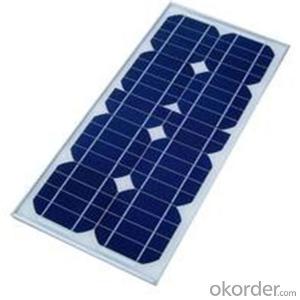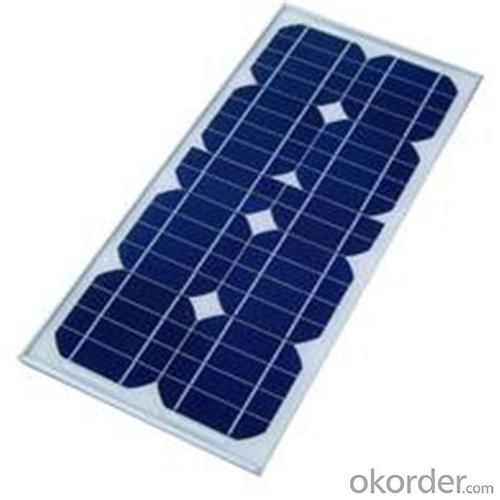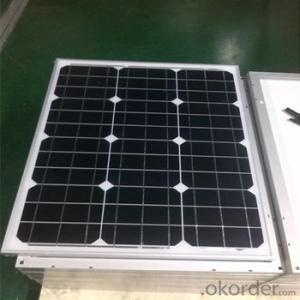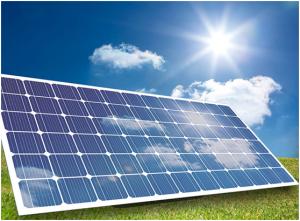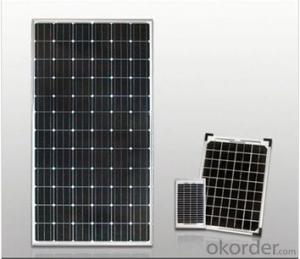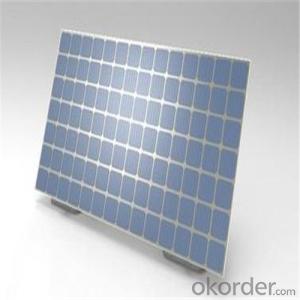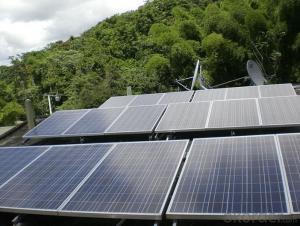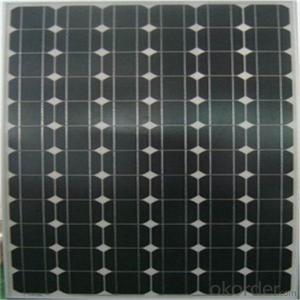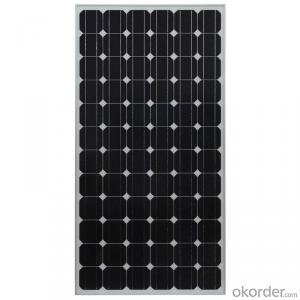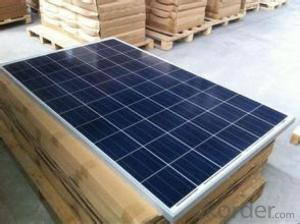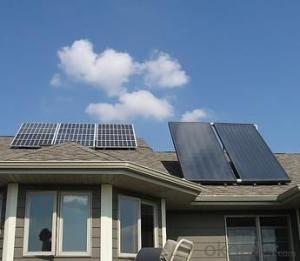Yacht Solar Panels - Poly Solar Panel 200W Made in China with Good Price
- Loading Port:
- Tianjin
- Payment Terms:
- TT OR LC
- Min Order Qty:
- 1000 watt
- Supply Capability:
- 10000 watt/month
OKorder Service Pledge
OKorder Financial Service
You Might Also Like
Specification
Quick Details
Place of Origin: | Hebei, China (Mainland) | Model Number: | PSSA200W | Material: | Polycrystalline Silicon |
Size: | 1560*1560*30mm | Number of Cells: | 72 | Max. Power: | 200w |
Max-power:Pm(W): | 200w | Power Tollerance: | 0 to +6W | Voltage at Pmax (Vmp): | 30.9V |
Current at Pmax(Imp): | 8.09A | Open-Circuit Voltage(Voc): | 37.7V | Short-Circuit Current(Isc): | 8.76A |
Cell Efficiency: | 16.3% | Moudule Efficiency: | 15.10% | ||
Packaging&Delivering
Packaging Details: | 22pcs/box,1box/pallet,264pcs for 20GP,616pcs for 40GP,700pcs for 40HQ |
Delivery Detail: | 45 days after payment |
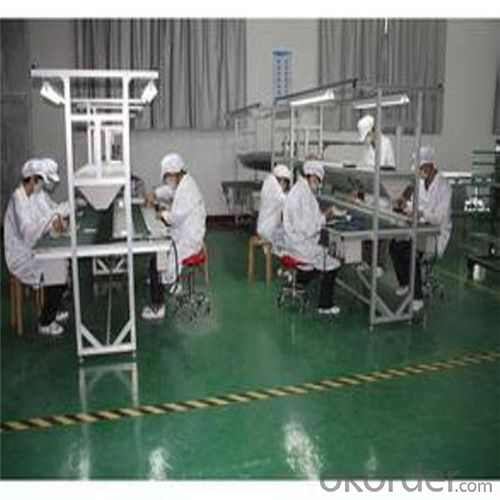
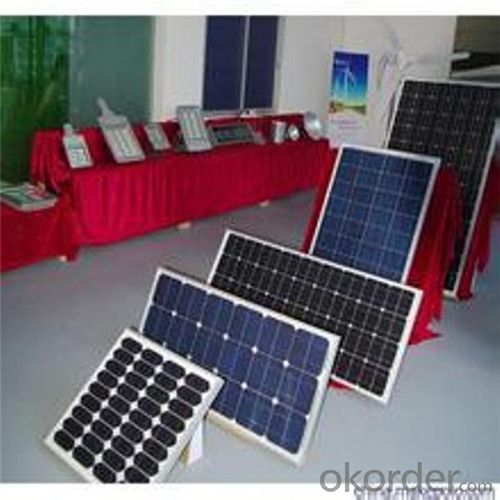
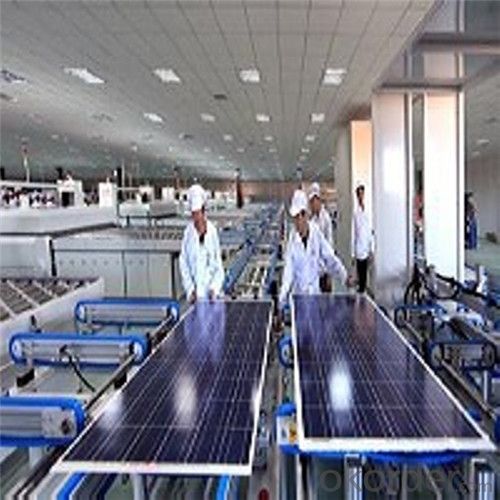

Advantages
Reason:
We enjoy exclusive channel to get stock solar panels at more competitive price from Trina,Hanwha,Yingli,LDK,Suntech etc.
These panels are from tier 1 solar panel manufacturers,such as Trina,Hanwha,Yingli,LDK.They are assembled with all grade A materials,only problem is that they has slight appearance defect,but due to their strict quality control,even the negligible defect will lower its grade.so they put these panels into stock.
Quality
These panels adopt all grade A materials,such as solar cell,EVA, back sheet, junction box, glass,frame,connector etc.
They have same electrical performance with grade A solar panels,only difference is the negligible superficial defect.
Our Service
Pre sale:
1.Our sales representative and engineer work together to answer your questions and offer solution for free
2.We choose the best product for you to make sure it worth its real value
3.We design the best solution with good perfomance for you,manwhile save every cent of your money.
After sale:
We provide 10 years Warranty for the product, 12 years warranty for 90% power production ,25 years warranty for 80% power production.
- Q: Can solar panels be installed on a swimming pool?
- Yes, solar panels can be installed on a swimming pool. These panels can be used to heat the water in the pool, reducing the need for traditional heating methods and saving energy costs. Additionally, solar panels can also be used to power pool pumps and other equipment, making swimming pools more energy-efficient.
- Q: How do solar panels affect home insurance rates?
- Installing solar panels on a home typically has a positive impact on home insurance rates. While the upfront cost of installing solar panels can increase the replacement value of your home, resulting in a slight increase in premiums, many insurance companies offer discounts or special policies for homes with solar panels due to the reduced reliance on traditional energy sources and the increased energy efficiency. Overall, solar panels can help lower home insurance rates in the long run.
- Q: I've run out of things to keep me entertained recently and as part of a larger project, I was curious if its possible to 'McGuyver' up a solar panel out of common materials?
- It okorder /
- Q: Are solar panels affected by temperature?
- Yes, solar panels can be affected by temperature. High temperatures can cause a decrease in their efficiency and overall power output. However, some modern solar panels are designed to handle higher temperatures more effectively, minimizing the impact on their performance.
- Q: For example, If I were powering my house with solar panels, would it be more efficient or effective, (or I guess would I get more energy) out of a day that measured 90 degrees Fahrenheit as opposed to a day that is 70 degrees Fahrenheit.
- Homemade okorder /
- Q: How do solar panels affect roof weight load?
- Solar panels can increase the weight load on a roof, but modern solar panel systems are designed to distribute the weight evenly and not exceed the load capacity of the roof.
- Q: Can solar panels be used to power a space station?
- Yes, solar panels can be used to power a space station. In fact, many space stations, including the International Space Station (ISS), utilize solar panels as their primary source of electrical power. These panels convert sunlight into electricity, providing a sustainable and renewable energy source for the space station's various systems and experiments.
- Q: I've heard that solar panels have back-up batteries for when it is cloudy or rainy that day.. is this true?
- There okorder / Why pay thousands of dollars for solar energy ($27,000 average cost) when you can build your own solar panel system for just a fraction of the retail cost. You can build a single solar panel or you can build an entire array of panels to power your whole house. Some people are saving 50% on their power bill, some people are reducing their bill to nothing. But what’s most impressive is that just by following these instructions some are even making the power company pay them!
- Q: China is the world's biggest producer of solar panels
- Go ahead admit it...Carter was right ! He was right in seeking to raise the fleet auto mileage standard to 48 miles per gallon by 995. (Even U.S. automakers admitted at the time that they could easily achieve 30 mpg by 985.) Carter was right in exhorting Americans to turn down their thermostats, even if he did look nerdy in a cardigan while urging us to do so. He was right to encourage fuel conservation by proposing a 50-cents-per-gallon tax on gasoline and a fee on imported oil —- in effect, a floor for fuel prices. Invoking the pioneering spirit of the 960s moon mission, he was right to recommend a tax on windfall oil profits to finance a crash program to develop affordable synthetic fuels. Carter was correct, too, in setting a goal of obtaining 20 percent of our energy from solar power by the year 2000. The solar panels Carter put up on the Whitehouse were USA made. The solar
- Q: I am doing a school project and we need to find the cost of solar panels for our school. The problem is i don't know what size the system needs to be. Is it 000 watts or 000000 watts?Also can you find the cost of the system?Thanks
- My okorder .
Send your message to us
Yacht Solar Panels - Poly Solar Panel 200W Made in China with Good Price
- Loading Port:
- Tianjin
- Payment Terms:
- TT OR LC
- Min Order Qty:
- 1000 watt
- Supply Capability:
- 10000 watt/month
OKorder Service Pledge
OKorder Financial Service
Similar products
Hot products
Hot Searches
Related keywords
